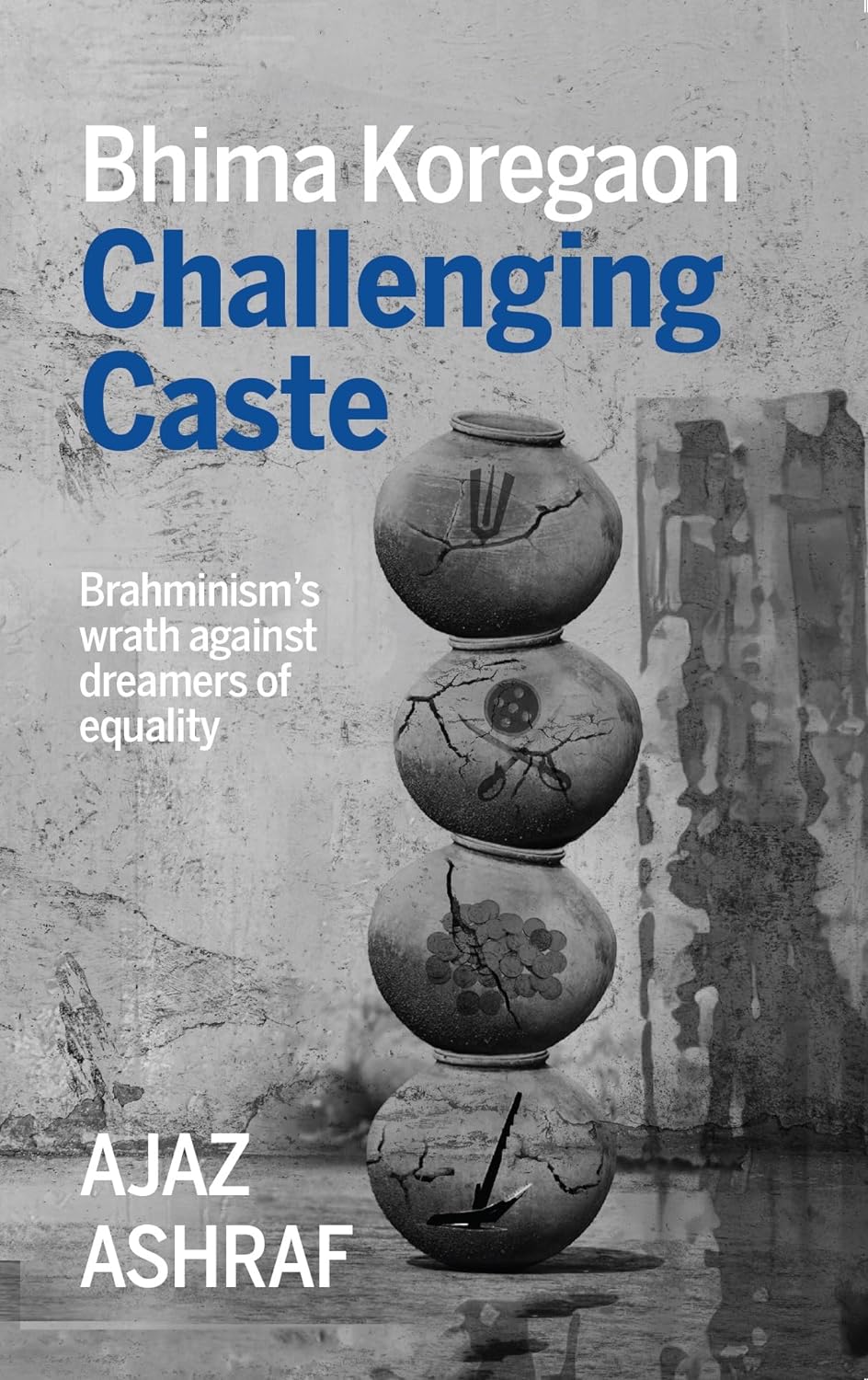Title: Hurt Sentiments: Secularism And Belonging In South Asia
Author: Neeti Nair
Publisher: Harvard
Pages: 699
While this book explains and contextualises the meanings and the interpretations of the word, ‘secularism’, and the political practices followed in its name over the last eight decades in the Indian subcontinent, its immediate relevance cannot be overemphasised. Neeti Nair offers a historical context of how claims of hurt religious sentiments have been weaponised by majority communities in India, Pakistan and Bangladesh. She argues that disputes over hate speech and censorship have influenced contentious issues relating to the representation of minorities. These were supposedly resolved by the Partition of 1947 but that, clearly, is not the case.
As Nair recalls landmark debates and discussions on the constitutional status of religious minorities and the meanings of secularism and Islam as they have evolved to meet the demands of populist electoral majorities, one gets a strange sense of déjà vu — that what she is talking about did not occur through the 1940s all the way up to the birth of Bangladesh in 1971 but is taking place right here and now. Whereas legal recognition and political solicitation of religious sentiments have been resisted by secular forces in these three counties, there have many setbacks, certainly so in India.
Nair, also the author of Changing Homelands: Hindu Politics and the Partition of India (2011), studies the invocation of “hurt sentiments” deployed by a wide range of political actors, including Nathuram Godse’s justification of his assassination of Mohandas Karamchand Gandhi, as well as how governments in India and Pakistan attempted to regulate the expression of hate speech in the aftermath of the bloody Partition. Little was it realised then that colonial-era laws, including the Indian Penal Code, would be used — rather misused — even today, excessively and frequently.
After a detailed introduction, the book’s first chapter, “Gandhi’s Assassination, Godse’s Defence and the Minority Question”, reiterates the significance of the “father” of the Indian nation repeatedly, invoking ishwar and allah in one voice to symbolise the closely-bound existence of Hindus and Muslims in the face of the reactions of the Hindu Mahasabha and the Rashtriya Swayamsevak Sangh. The author elucidates on how the RSS had to “appropriate” Gandhi after his death and the banning of the organisation by the then Union home minister, Sardar Vallabhbhai Patel. Nair’s detailed study of the views of the Hindu Right and the debates on the desirability or otherwise of separate electorates leads her to conclude that the substance of Indian secularism in 1947 wascloser to “Muslim abandonment” than to the common charge of “Muslim appeasement”.
The term, ‘secular’, was added to the Preamble to the Constitution in 1976 during the Emergency imposed by Indira Gandhi’s government. The discussions and theorisation on the distinctive characteristics of Indian secularism over the decades, the 1992 destruction of the Babri Masjid, and the 2019-20 protests in Shaheen Bagh in Delhi against the Citizenship (Amendment) Act make Nair wonder what accounts for secularism’s precipitous fall from grace. She points out that in the 2019 Lok Sabha elections, Muslim representation hovered around 4.3% of the total number of seats and there were 23 members in a House of 543 in a country where one out of seven citizens is Muslim.
This book is as much about Pakistan and Bangladesh as it is about the world’s most populous country. It begins with a quotation from Fahmida Riaz’s poem, “Tum Bilkul Hum Jaise Nikle”: “… in the past I used to think with sadness/ today I laughed a lot as I thought/ you turned out exactly like us/ we were not two nations, brother!”
The final chapter before the epilogue, named “Islam and the Secular in Bangladesh and Pakistan,” strikes a note of cautious optimism when it contends that the two Islamic countries “might yet find new definitions of the good Muslim, indeed, the most virtuous Muslim.” This is an important book for all looking at the past to seek answers to what is going on in South Asia at present.


